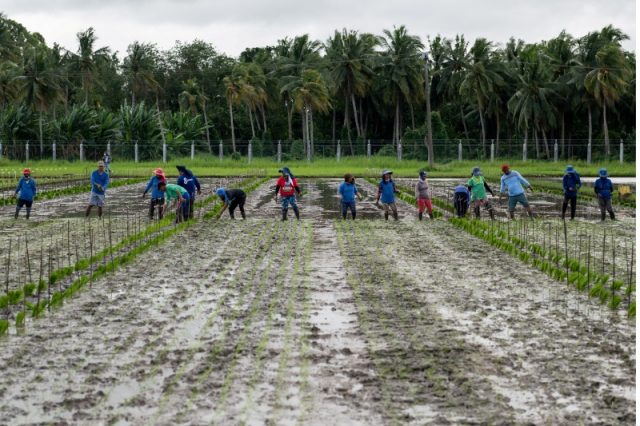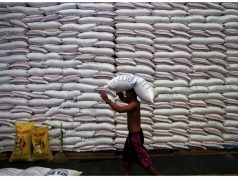
MANILA — The Philippines said on Thursday it expects its rice imports this year and in 2024 to be well below the latest projections by the U.S. Department of Agriculture, as the Southeast Asian nation steps up efforts to boost local harvests.
One of the world’s biggest importers of the grain, the Philippines is looking to reduce tariffs on imported rice to ease pressure on stubbornly high inflation.
Local retail prices of the national staple climbed further in August, pushing up inflation to 5.3% year-on-year, well outside the central bank’s 2%-4% comfort range.
In its latest world trade report, the USDA forecasts Philippine rice imports for 2023/24 will reach 3.8 million metric tons, the world’s biggest, surpassing the revised import projection of 3.5 million tons for perennial top buyer China.
“We expect to import much less than USDA’s 3.8 million metric ton projected rice import in 2023,” Department of Agriculture undersecretary Leocadio Sebastian said in a statement.
“We also expect that with the intensified efforts to produce more rice locally, we will import less than the projected 3.8 million metric tons in 2024,” he said.
Rice imports between January and July totaled 2.26 million tons, 16% lower compared with the year-ago volume, according to the customs bureau, as global prices soared further following India’s export ban.
“This year, (the Philippines) is delaying purchases, awaiting lower prices,” the USDA said.
Before India’s ban, the USDA said global prices had already been rising due to strong importer demand and lower production in several exporting countries.
“The uncertainty of depending on external sources for our staple and the high price of imported rice make it imperative for us to produce more locally,” Sebastian said.
– Reporting by Enrico Dela Cruz; Editing by Christina Fincher









